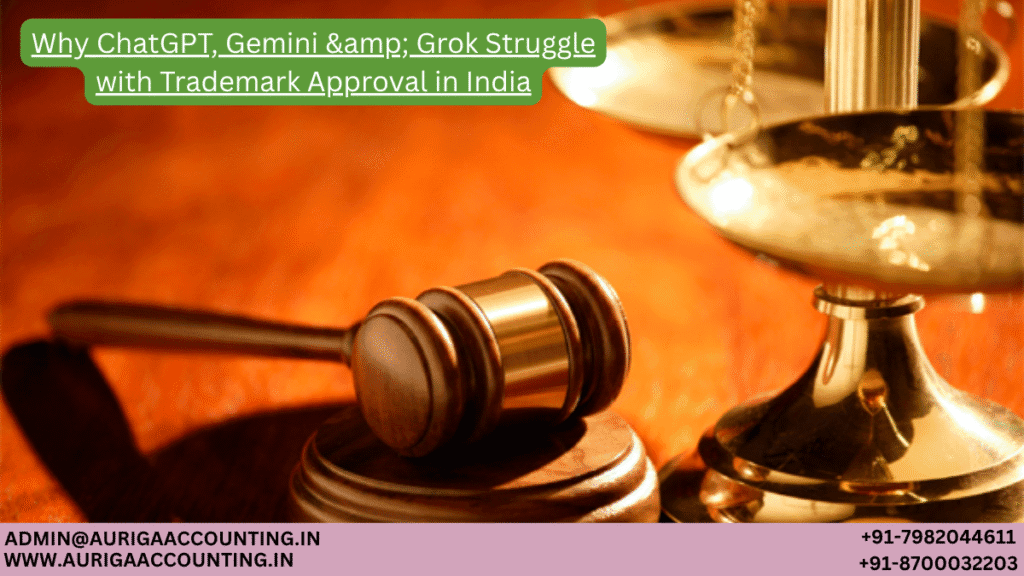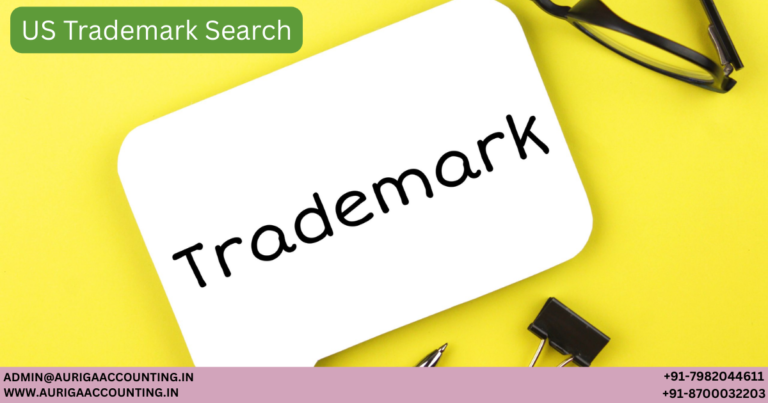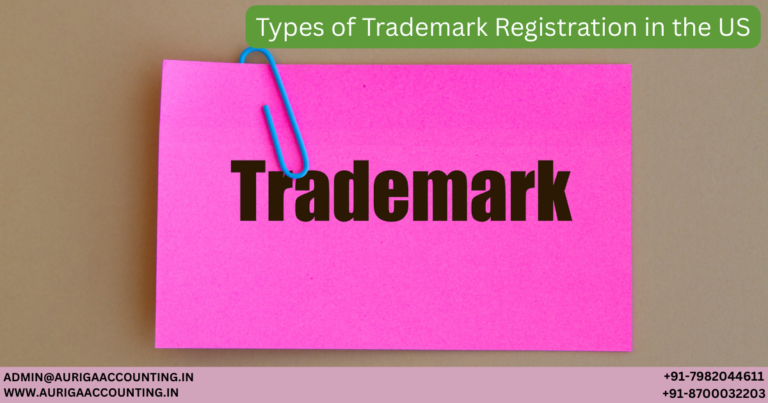Vinod is a seasoned legal content expert who specializes in simplifying complex legal frameworks into practical, easy-to-understand guidance. He supports entrepreneurs through every phase of their business journey—from launching a startup to managing compliance and scaling operations—helping them navigate regulatory challenges with clarity and confidence.

Why ChatGPT, Gemini & Grok Struggle with Trademark Approval in India
Introduction
ToggleAs Artificial Intelligence (AI) continues to shape global innovation, safeguarding intellectual property has become more vital than ever. Yet, recent trademark disputes in India reveal that even tech giants are not exempt from legal challenges. Major players like Google, OpenAI, and Elon Musk’s xAI have encountered opposition while seeking trademark registration for their AI models — Gemini, ChatGPT, and Grok — in India.
These cases underscore the need for timely and strategic trademark planning, offering a valuable lesson for both Indian startups and international brands navigating the competitive AI landscape.
Trademark Law in India: A Brief Overview
India operates under the “first-to-use” principle as outlined in the Trade Marks Act, 1999. This means trademark rights are typically awarded to the entity that can prove prior use of the mark in commerce, rather than the first to file an application.
As a result, even globally recognized brands may face legal opposition if a local party can demonstrate earlier use or potential consumer confusion due to similarity.
Trademark Class 9: Relevance for Tech and AI
Class 9 is a crucial category for trademarks related to technology. It includes AI software, downloadable and cloud-based applications, data processing tools, and other digital innovations. For startups and tech firms, securing protection under Class 9 is essential to safeguard intellectual property and brand identity in India’s fast-evolving tech ecosystem.
Trademark Disputes in India’s AI Sector: Key Cases and Insights
As the AI industry expands, trademark protection in India has become a complex legal battlefield—even for the biggest tech players. Here’s a look at major trademark disputes involving AI giants and what they mean for Indian businesses.
1. Google’s “Gemini” vs. Sun TV
Google’s application to register “Gemini” for its AI products was challenged by Sun TV, which owns the “Gemini TV” trademark. Despite operating in different sectors—AI software versus television broadcasting—the Indian Trademark Registry cited phonetic and visual similarities that could confuse consumers.
Legal Grounds:
Section 11(1): Refusal due to likelihood of confusion with an existing mark.
Section 9(1)(b): Refusal if the mark lacks distinctiveness or could mislead.
2. OpenAI’s “ChatGPT” vs. Flaxxi AI
OpenAI’s attempt to trademark “ChatGPT” is being contested by Bengaluru-based startup Flaxxi AI, which claims prior use of the term for an education-focused platform created in collaboration with IIT Jammu. Flaxxi argues that its established presence and goodwill in India should prevent OpenAI from acquiring exclusive rights.
3. xAI’s “Grok” vs. Groke Technologies
Elon Musk’s xAI faces opposition from Finland-based Groke Technologies over the “Grok” trademark. Groke alleges potential overlap in tech-related services. xAI counters that both brands operate in unrelated industries and already coexist peacefully in several other countries, including Finland.
4. DeepSeek: A Trademark Tangle
Multiple parties in India are contesting trademark rights for the term “Deep Seek.” The ongoing opposition indicates a prolonged legal process, especially where AI-related names are becoming highly contested
Why These Disputes Matter for Indian Startups
These high-profile conflicts highlight a critical point: Trademark registration in India is not just a procedural formality—it’s a strategic necessity. Failure to act early can result in:
Costly legal battles
Delays in product launch
Forced rebranding
Loss of brand value and market share
Understanding Opposition and Objections in India
After a trademark application is filed, it undergoes examination by the Trademark Registry. If published in the Trademark Journal, third parties have four months to file an opposition.
Common Grounds for Opposition:
Similarity to existing trademarks
Risk of misleading consumers
Lack of distinctiveness
Allegations of bad faith filing
Opposition doesn’t guarantee rejection—but it demands a strong, evidence-backed legal response.
Successful AI Trademark Approvals:
Not all AI trademarks face resistance. For example:
Claude (by Anthropic)
Perplexity (by Perplexity AI)
Both secured registrations in India under Class 9 in 2024 without any opposition, showing that proper clearance and timely action can smooth the process.
Key Takeaway: Secure Early, Scale Confidently
If global giants like Google and OpenAI face trademark hurdles in India, so can emerging startups. Trademark protection isn’t optional—it’s foundational. Registering your trademark early helps prevent conflicts and protects your growth potential in India’s booming tech landscape.
How Auriga Accounting pvt. ltd. Can Help
Auriga Accounting pvt. ltd. offers complete trademark registration services tailored for startups and tech companies. From advanced search tools to filing and legal support during opposition proceedings, we help you protect your brand and stay compliant with Indian trademark laws.
About the Author
Vinod
February 1, 2026
new
January 10, 2026
January 6, 2026
January 6, 2026
January 6, 2026
January 5, 2026
January 5, 2026
January 5, 2026
January 5, 2026
January 5, 2026
January 3, 2026
January 3, 2026
January 3, 2026
January 3, 2026
January 3, 2026
January 3, 2026
January 2, 2026
January 2, 2026
December 29, 2025
December 27, 2025
December 26, 2025
December 26, 2025
December 25, 2025
December 25, 2025
December 15, 2025
November 28, 2025
November 26, 2025
November 26, 2025
November 26, 2025
November 17, 2025
November 17, 2025
June 10, 2025
October 3, 2023
October 3, 2023
October 3, 2023
October 3, 2023
October 3, 2023
October 3, 2023
October 3, 2023
September 30, 2023
September 30, 2023
September 30, 2023
September 30, 2023
September 30, 2023
September 30, 2023
September 30, 2023
September 30, 2023
September 29, 2023
September 29, 2023
September 29, 2023
September 29, 2023
September 29, 2023
September 27, 2023
September 27, 2023
September 27, 2023
September 27, 2023
September 27, 2023
September 27, 2023
September 27, 2023
September 25, 2023
September 25, 2023
September 25, 2023
RELATED ARTICLES
EU Trademark...
Trademark...
US Trademark...
Types of Trademark...
How to Maintain...
US Trademark:...
Key Considerations...
Is an Attorney...
Trademark...
No posts found












